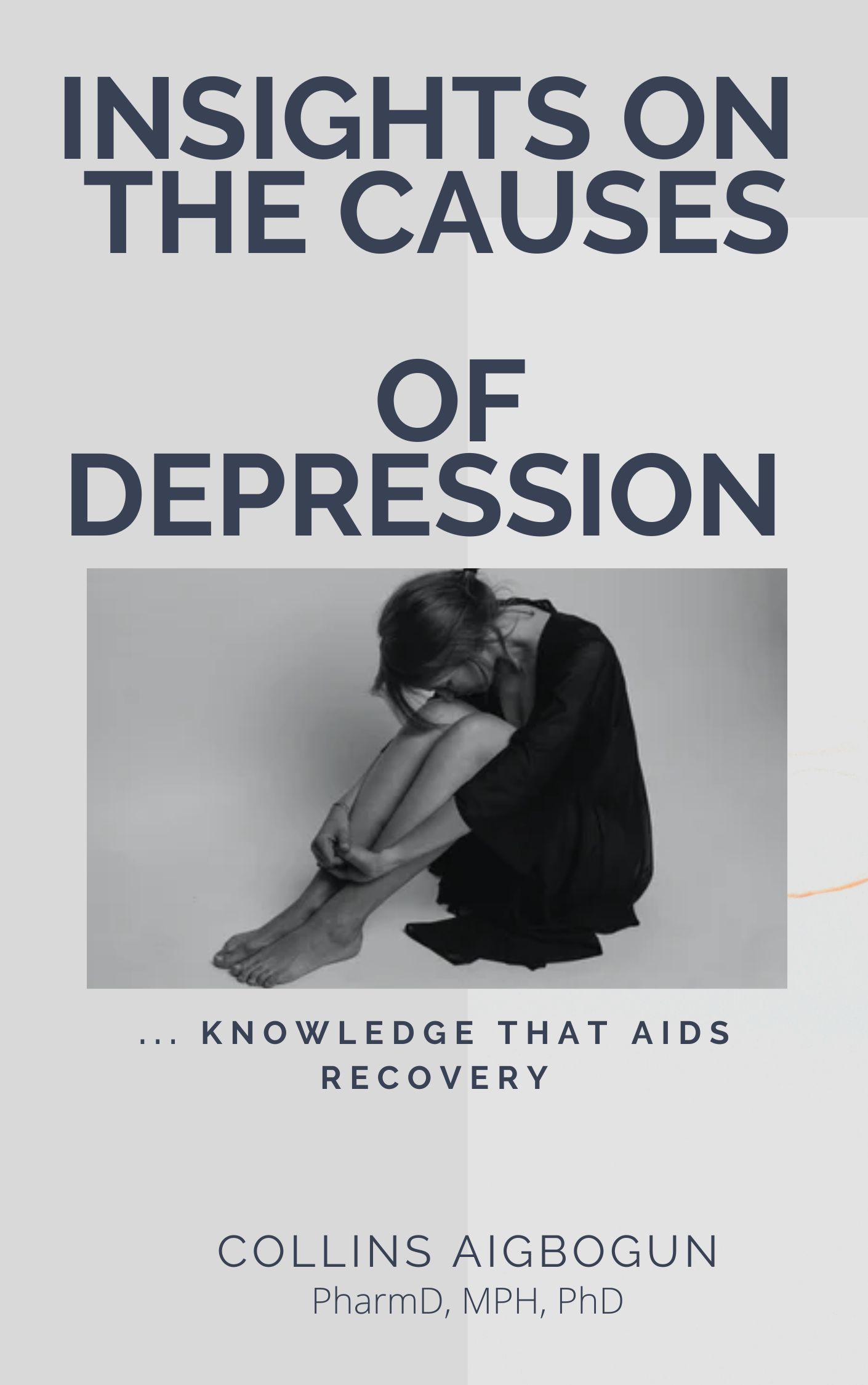How To Maintain a Stable Health Despite Life Challenges
There is a lot of unrest and chaos in the world. Confusion may manifest as a disease pandemic, weak economy, unstable political space, unemployment, divorce, childlessness, drastic life changes, and several others. An individual’s ability to prepare for these unpleasant situations enhances the likelihood that these uncomfortable situations can be handled swiftly and pragmatically. For example, a recent survey states that three out of five employees have experienced mental health issues because of several reasons, which may include stress at work, family challenges, or something else.
STRATEGIES THAT CAN HELP
Proven strategies on how to reduce the likelihood of having stress-related mental health challenges include:
1. Look at the problem from a different perspective
According to Wayne Dyer, if someone changes the way he/she looks at things, the things being looked at will change. Some people see things from the mountaintop while others see the same thing from the valley. Others see a glass as half-empty, while some people may see the same glass as half-full. Always think of the good aspect of the situation you face. Suddenly, your brain will figure out how to move to the next level in life.
2. Talk about it
A lot of people suffer in silence in the pretense of being strong, resilient, or scared of rejection. The primary solution is to find an interest group that shares the same passion as you. After that, you can share ideas and strategically discuss your pain points as you strive towards recovery.

3. Take a break
Strive to look away from the trigger or offending challenge. Then deliberately focus on something that gives joy or on a higher being-power who can take away the burden. A lot of people worry about unnecessary things and situations they can’t control. If only they can remain still and calm, they will be amazed at how much of their challenges will go away without any effort. Sometimes, we need to take a break from our daily tasks such as email, social media, and other routine and then go into solitude of deep thinking and meditation with the right mindset to solve problems.
4. Eat well, Sleep well and Exercise well.
It is interesting to know that lots of people don’t eat a balanced diet. Some people eat more carbohydrates while others eat more fats. Others prefer junk food. The ability to eat well is critical in staying healthy and having sound health. Also, the schedules of many people compel them to sleep for less than six hours every day. Though this modified lifestyle can help a person multi-task and work multiple jobs, over time, it weakens the brain cells and the entire human body. Likewise, daily aerobic exercise or at least four times a week helps the heart, the brain, and other vital body organs to function at high efficiency.

-
Identify known triggers
According to Brian Tracy, success is predictable, and failure is also predictable. We all know the factors in our lives that can trigger the outcome we desire. For example, if you know that alcohol and coffee will make your brain work differently, there is wisdom in avoiding these triggers. Some people are compelled to engage in some tasks because the nature of their job or family requires that the mission be performed. In such situations, there is a need to search for antidotes deliberately to counter the effect of these triggers. Your physical and mental health is essential for optimum efficiency. Hence, the old wise saying that “health is wealth.”









